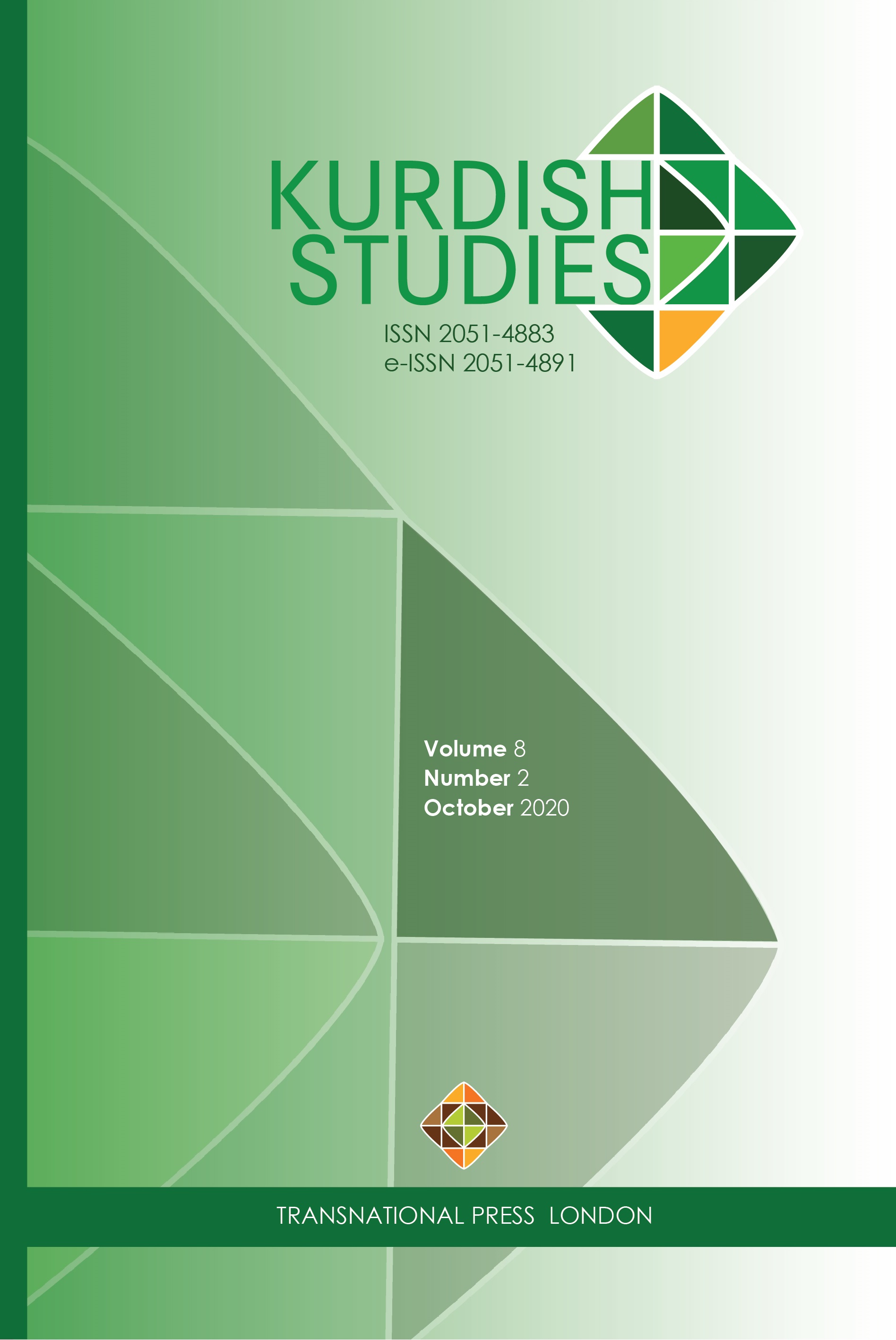Sub-state actors and foreign policy risk-taking: The Kurdistan Regional Government of Iraq
Sub-state actors and foreign policy risk-taking: The Kurdistan Regional Government of Iraq
Author(s): David RomanoSubject(s): Inter-Ethnic Relations, Ethnic Minorities Studies, Politics and Identity
Published by: Transnational Press London
Keywords: Iraq; Kurds; foreign policy; paradiplomacy; neo-classical realism;
Summary/Abstract: The analysis presented here offers a possible framework for understanding when sub-state actors behave prudently and more strategically in their foreign relations, and when other priorities might instead heighten the chances of seemingly irrational, erratic, or dangerous, foreign policies. Using a case study of the Kurdistan Regional Government of Iraq to illustrate the argument, the author attempts to show how “regime consolidation” plays a key role in allowing such actors to prioritise policies aimed at grappling with external challenges, threats and opportunities. Internally legitimate, consolidated regimes can better present “one face” to the outside world and behave more strategically in the international arena. Political systems lacking consolidation or internal legitimacy, in contrast, turn to the external environment in search of resources to help them with domestic threats and challenges. This may lead to seemingly erratic, unpredictable and risky foreign policies on their part.
Journal: Kurdish Studies
- Issue Year: 8/2020
- Issue No: 2
- Page Range: 339-369
- Page Count: 31
- Language: English

